News

Nerea Carrión and David Mateo, postgraduate students of TecnATox, presented their posters at the 10th Annual World Meeting on Targeting Microbiota between October 17-19 in Venice, Italy. Hosted by the International Society of Microbiota, the event has covered the latest breakthroughs in this evolving and fascinating field.
Both Nerea and David conduct their research in the framework of the official project entitled DEM-BIOTA (DEMentias and microBIOTA composition: Microbiota in dementias. Is possible to revert the dementia symptoms reverting the microbiota composition?), which is led by their PhD supervisor Dr. Marga Torrente.Posted on 19-10-2023
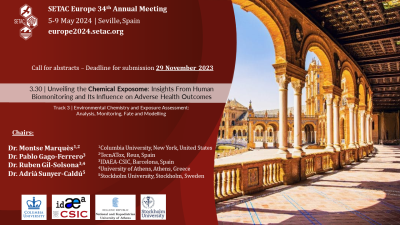
Dr. Montse Marquès will be chairing the session entitled “Unveiling the chemical exposure: Insights from human biomonitoring and its influence on adverse health outcomes” announced within Track 3 “Environmental Chemistry and Exposure Assessment: Analysis, Monitoring, Fate and Modelling” at the SETAC Europe 34th Annual Meeting. We encourage all exposome enthusiasts to submit an abstract before 29 November 2023.
We hope to see you in Seville from 5 to 9 May 2024!
Posted on 13-10-2023
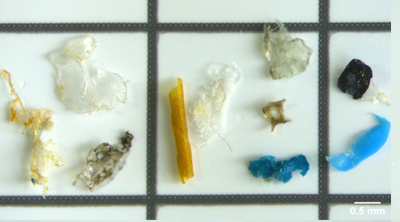
Pollution by microplastics is a global environmental problem, present in all natural ecosystems (water, soil and air) and which concerns not only the scientific community, but also society in general. Microplastics are non-biodegradable synthetic particles with a diameter of less than 5 mm, which can enter natural ecosystems in several ways, one of the main ways being water treatment plants.
More information from this study can be found at the following scientific paper:
TV3, the Catalan public television, echoed this news at TN Comarques: https://www.ccma.cat/tv3/alacarta/telenoticies-comarques/un-estudi-de-la-urv-questiona-el-tractament-dels-microplastics-a-les-depuradores/video/6244264/
Posted on 10-10-2023
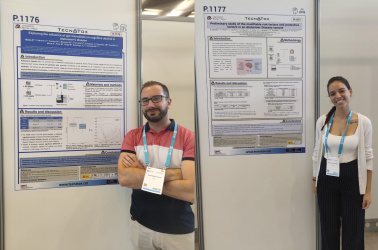
Both Nerea and David conduct their research in the framework of the official project entitled DEM-BIOTA (DEMentias and microBIOTA composition: Microbiota in dementias. Is possible to revert the dementia symptoms reverting the microbiota composition?), which is led by their PhD supervisor Dr. Marga Torrente.
Posted on 10-10-2023
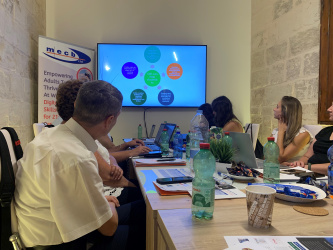
On 3-5 October, we have been in Malta learning and sharing experiences about circular economy education and entrepreneurship at the LTTA hosted by the MECB in the framework of the DISCERN Erasmus Plus Project. The training was focused on:
- Industry Green transformation – circular design of products
- Resource-intensive sectors transformation – Plastic
- Towards biodiversity and ecological transformation of companies
- Disruptive innovation management for monitoring and optimizing circular economy Performance
- Rethinking companies’ business model for sustainable development & business plan
- Public and private start-up financing opportunities for sustainable growth.
More information about the project: https://discern.erasmus.site/
Posted on 06-10-2023
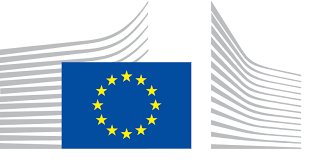
Posted on 26-09-2023





